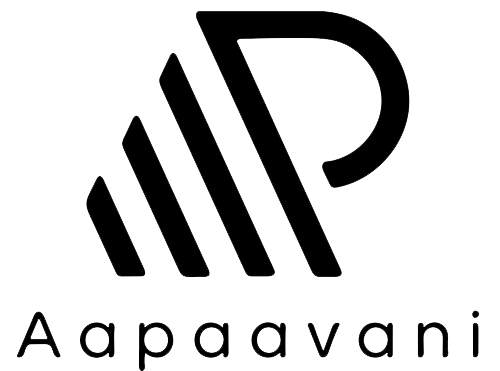Effluent Treatment Plant
- Home
- Effluent Treatment Plant
AUSTENPRO™ Effluent Treatment Plant
AUSTENPRO™ Effluent Treatment Plants are premium customised products offered by us to address the needs of industries. Industrial effluent treatment is a challenging exercise requiring specialised knowledge. The nature of effluents varies from industry to industry and there is no standard treatment method. We bridge this gap by offering tailormade solutions for industries and factories.
Before we install the plant, we undertake extensive treatability studies to understand various parameters to be treated. The effluent treatment unit is then specifically designed to meet the needs under these parameters. The unit is also configured to meet the stringent statutory requirements of the industry.
We design, manufacture, supply and commission treatment plants for various types of industrial effluents like textile, chemical, distillery, paper and pulp, as well as aluminium by combining physico-chemical treatment followed by tertiary treatment for the removal of inorganic solids, heavy metals and finer suspended solids.
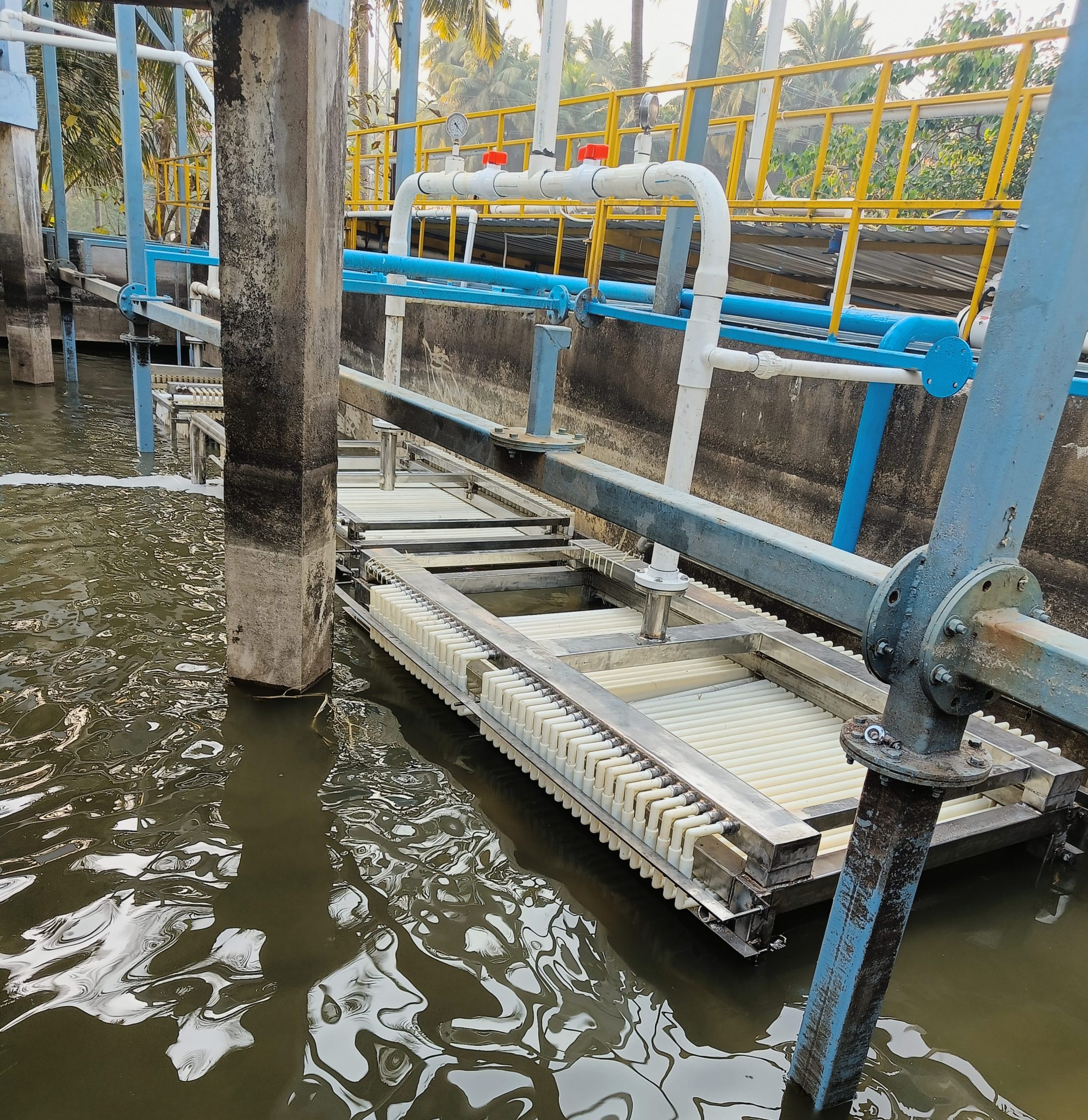
Unique Features of AUSTENPRO™

Customised to suit industry-specific effluent water quality

Advance treatability study to assess various parameters

Customer customization options based on requirements
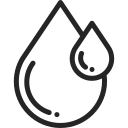
Treated water quality meets stringent statutory requirements
AUSTENFLOW™ Car Wash Water Recovery System
Car washing is an important and essential service in urban areas. It generates huge amounts of wastewater containing high concentrations of pollutants like automobile oil and grease, dust and cleansing agents. Since water is a scarce resource in metros and urban areas, car wash units can maximise their potential by installing our automatic car wash water recovery system.
AUSTENFLOW™ is a compact space-saving unit designed for space-starved urban settings. It delivers clean recycled water using sophisticated MBR technology, which may be reused for washing vehicles at a lesser cost than other sources of water. Apart from cost, it also guarantees a higher degree of self-reliance for the ready availability of water, which is a primary ingredient for this water-intensive industry.
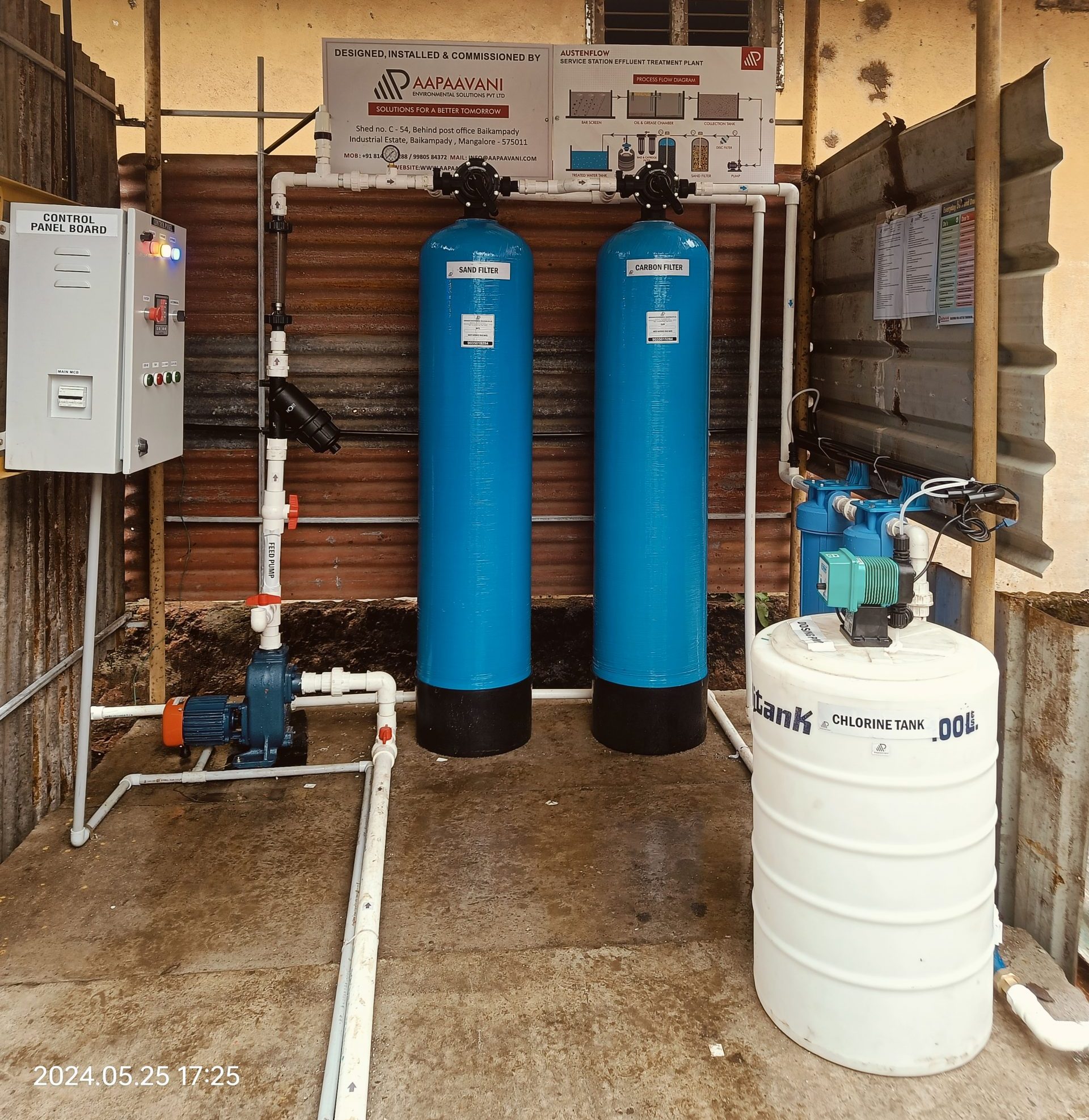
How it Works
Step 1: Understanding your requirement

Step 2: Analysis of untreated effluents

Step 3: Site survey & spot identification

Step 4: Selection of a suitable ETP type

Step 5: Effluent treatability study

Step 6: Design & customization of ETP

Step 7: You review & approve the design

Step 8: Fabrication & assembly of ETP
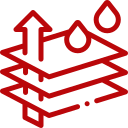
Step 9: ETP is transported to the site

Step 10: Installation & commissioning

Step 11: Handover of the complete ETP

Step 12: Periodic health check-ups

Unique Features
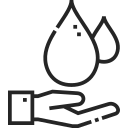
Efficiently retrieves more than 90% of the wash water

Low energy input, no expensive chemicals used

Sophisticated membrane technology

Space-saving with no noise or odour
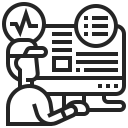
Minimal and unskilled operation

Capacity of 2000-10000 LPD (10-50 cars per day)
